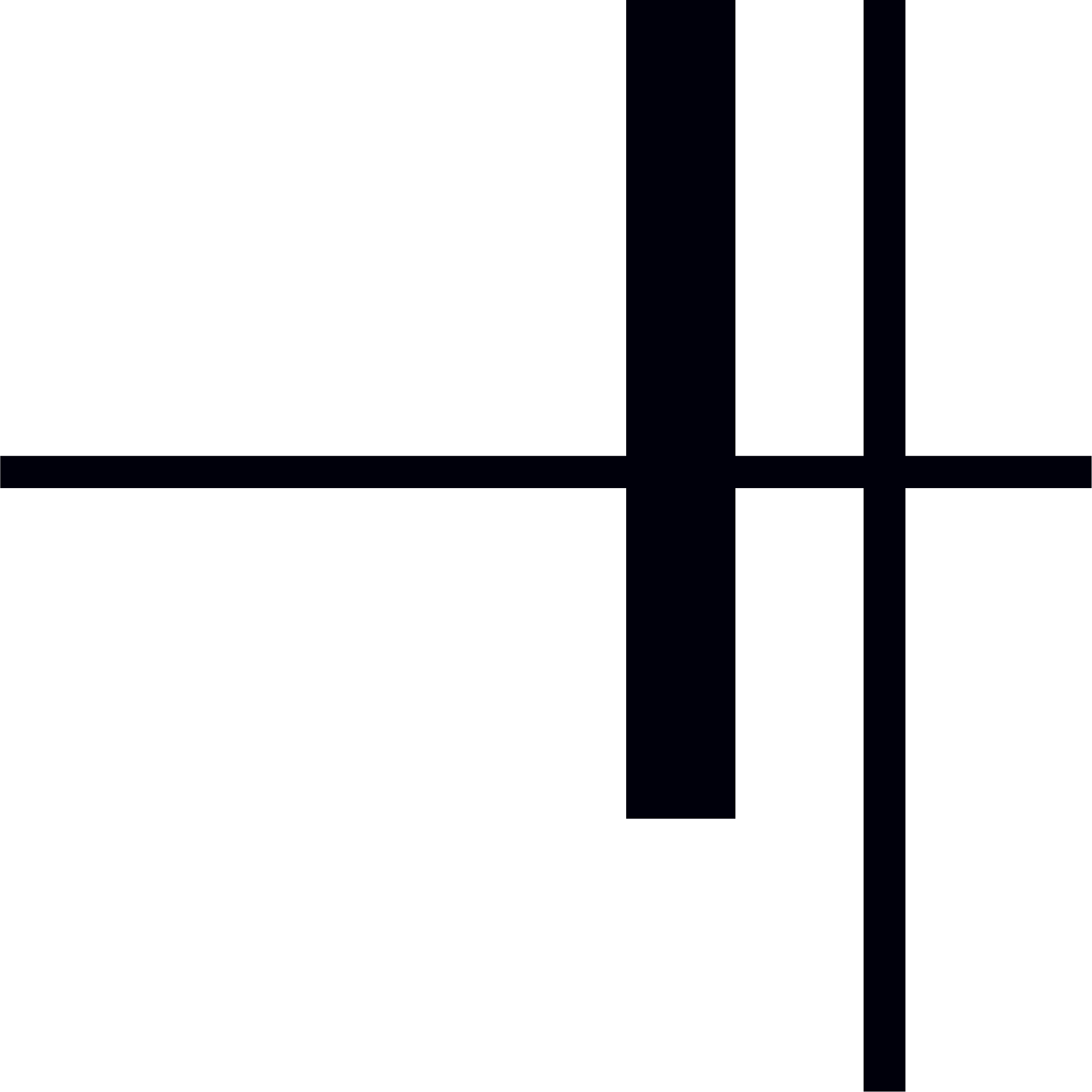You're Beautiful?
You're beautiful,
You're beautiful,
You're beautiful,
It's true.
I saw your face,
In a crowded place
And I don't know what to do,
Cause I'll never be with you...
- James Blunt
We don't talk about beauty anymore. No, do not deny it. You may say, oh this dish looks beautiful or caught up in internalised sexism, comment, oh what a beautiful woman! But, what do we actually mean when we say these things? Beautiful compared to what? Who is to determine what is beautiful? What if I disagree? We enter a minefield. When one talks of beauty, one is immediately bombarded with comments of self-determination and self-opinion and individuality. Therefore, we don't talk about beauty. Yet, somehow, we continue to give it worth.
When we look upon the advertising campaigns featuring model Sean O'Pry or David James Gandy, we comment on their male beauty, when we idolise the rugged Grecian bodies of Calvin Klein underwear models, we yearn to look the same. Despite no one knowing what beauty is, it continues to be a commodity, an inexplicable element which is both possessing of and representative of power.
Professional Model Sean O'Pry models for BALMAIN
Stylist and Writer David James Gandy models for Marks & Spencer
Singer songwriter Justin Bieber models for Calvin Klein Underwear
Of course beauty was not always the result of individuality. Greek philosopher Aristotle raised the issue of beauty as a means to becoming virtuous. Roman philosopher Cicero highlighted that the 'Good' life, that is, a moral life, was centred around beauty. Indeed the entire history of good vs. evil has been a battle between beautiful vs. ugly. The greeks had the handsome Hercules defeating the monstrous hydra, Shakespeare made Richard III an hideous and deformed man, even Roald Dahl taught children that people with ugly thoughts would eventually turn physically ugly themselves. Beauty as the embodiment of virtue, goodness and truth has thus transcended history and continues to shape our society today. Australian Prime Minister Turnbull, with his charismatic smile and visage has long been deemed a more physically attractive and by extension more reassuring leader than our now deposed former Prime Minister Tony Abbott. Justin Trudeau, the champion boxer, Vogue poster boy and now Canadian Prime Minister has been universally described by the popular press as "the most handsome national leader" in the world, implying some symbiotic link between physical beauty and professional performance. It seems that despite our best efforts otherwise, we continue to enjoy judging books by their covers.
Yet, despite this arguably narcissistic hype, we no longer talk about beauty. The problem? Modernity. From the moment decoration and ornament became a crime, and Niecheze proclaimed that "Beauty is dead," we have not had time to care for the complexity of what beauty actually means. We have stopped engaging ourselves subjectively and debating opinion because post-modernity tells us that all opinion is own truth, that we are all equal in our opinions and democratically entitled to them. Hard to believe as this may be, we are not. Just as we do not disregard the advice of our lawyers or the diagnosis of our doctors, beauty is not something we can so easily cast aside as personal whim.
Appreciation and idealisation of the human form is of course not a new notion, finding its history back to Ancient Greek and Rome. Shown Here: The Venus di Milo, arms continue to remain missing.
The Renaissance brought about a significant resurgence of interest in human proportion and its relationship to space and building. Shown Here: Michaelangelo's Statue of David.
We cannot return of course to the sensible discourse of Plato or Aristotle, nor does society revolve around aristocratic discussions of taste, so how can beauty become more than individual opinion once more? That is the question we should all ponder every moment of our existence. We crave beauty, why? Ask yourself, why do I think it is beautiful? If it is beautiful, what is ugly? What and why did I compare this beautiful object/artwork/food/person to arrive at my opinion? The secret to unlocking the lost mystery of beauty, at least to start off with, is to ask yourself, why?
You may say that it is wrong to do so. That it is sexualising and denegrating to cultures to individuals to talk about beauty. But you cannot escape it. You may avoid the word 'beautiful,' but society will not. You may say "This is a red cup" with the apparent self-righteous intent of freeing yourself from commenting on beauty. You have not. You have categorised it as red, a colour amongst a spectrum. You have categorised it as cup, a functional object amongst many other pieces of crockery. Amongst this sea of categorisations, you have implied beauty as the result of colour, functionality, as the result of culture (Some cultures drink from bowls, others from glasses, some have handles, some do not). You are always implying something about beauty, be it functional, cultural, social, aesthetic or otherwise.





